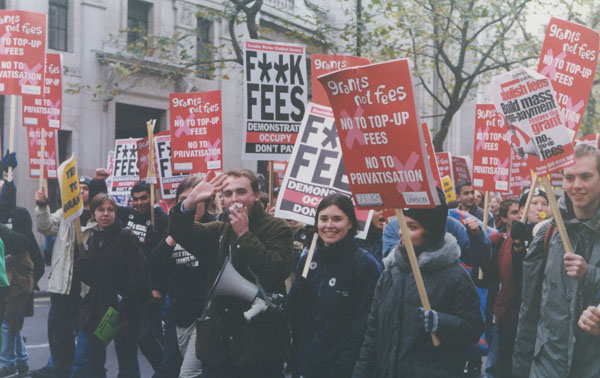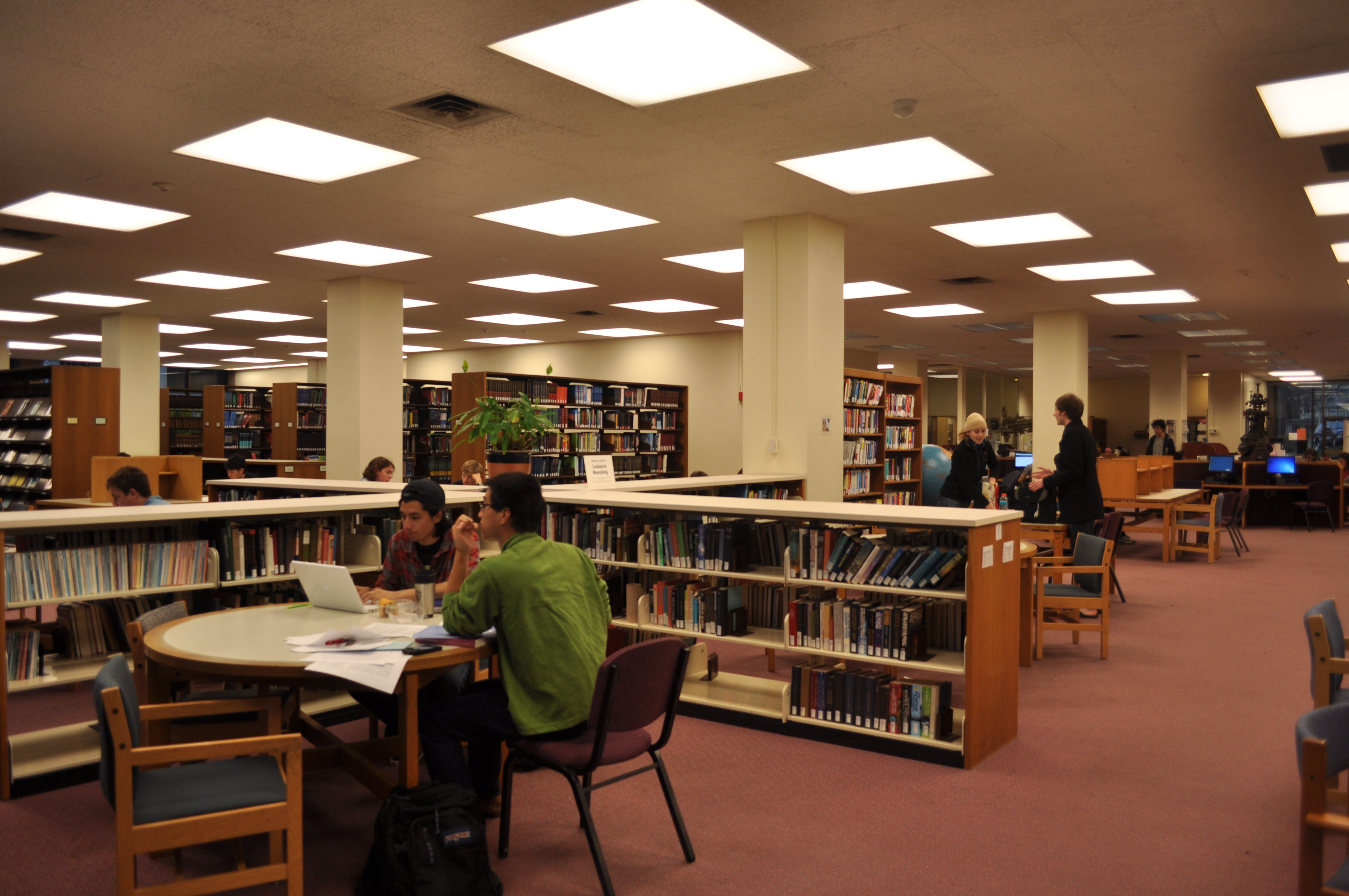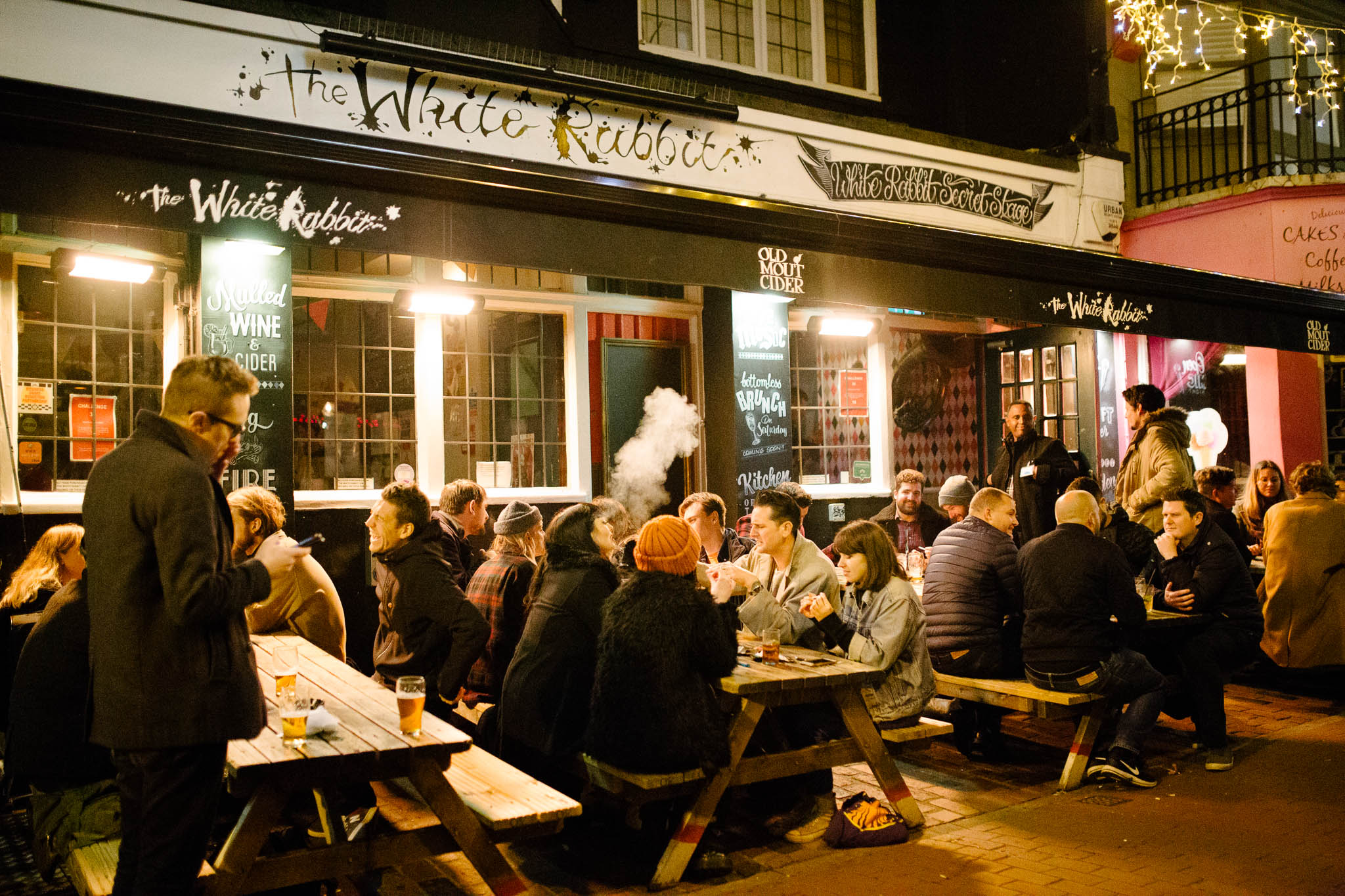The Big Debate is a regular Badger feature which brings the spirit of competitive debating to the printed page. Two writers tackle a contentious topic, representing polarised views. They might not agree with what they write – on this page, they represent a viewpoint, not an individual. This week, they face off about student politics.
Yes, student politics are frivolous:
Daniel Terrence
Sussex University is a hub of activism and protest. What draws many potential students to our University is the allure of the political activist’s lifestyle: having the ability to come to a place where you believe your voice can be heard and you can really make a difference inspires in many thoughts of revolutionary political action.
However, this romanticised idea of enacting change against an oppressive greater force seems to carry more weight in most students’ minds than it does in real life.
The staff and administrative higher-ups of Sussex University are not monsters who deport students to their death out of spite, as some students would have you believe. They are also not sexists out to defend rapists to spite victims. They are not racists, or classists, but people doing a job and trying to make University as accessible and welcoming as it can be- something most students refuse to acknowledge. Students currently engaged in politics, at least at our University, are very eager to latch on to any minor injustice and blow it out of proportion to give them something to “fight back” against and fuel their smug, Guardian-reading first-world victim complex. If students read up on the issues they were so outraged on most of the time instead of immediately discussing them with a half-formed notion of the facts in an outraged fashion with friends, usually drunk, high and probably while eating hummus, they would see that most of the issues really don’t exist in any meaningful form- and if they did, their petty “activism” would still not change anything.
The fact is that students involved in political protest have lost any reputable status that former, more justified movements might have allowed them. We all remember that students were the ones who changed the world in ‘60s and ‘70s America, in Apartheid South Africa and so on. However, the would-be “revolutionary action” of today boils down mostly to students complaining that things aren’t exactly as they want them to be. Students are an entitled lot, and they complain largely when it suits them to do so- many Sussex students, I’m sure, decide to go to a political demonstration of a day mostly because they don’t feel like waking up early for their 9am and that they want to upload a protest selfie to Instagram later.
What this leads to is worthy causes, like the campaigns against tuition fees that have been so popular lately, losing their value completely. The London protests of 2010 were marred by the bandwagon-jumping action of lots of young people who were enticed by the opportunity to smash some buildings up and maybe see themselves on BBC news. How can the world take student protest seriously when it is so self-important? The idea of the revolutionary student changing the world while everyone cheers them on no longer exists outside of the minds of sheltered middle-class students. Student politics is in a state of hopelessness at this point, with any and all dissenting voices immediately silenced by the left-wing who cannot handle hearing any opinion other than their own.
What we get in student politics today is an echo-box of masturbatory, self-congratulating, politically correct statements made at nobody in particular and then immediately forgotten, with nothing changed and nothing challenged. Bothering to engage in student politics in 2016 is like the opinion of the trendily-dressed hipster reading the Manifesto on their iPad in the library while drinking a £3.30 latté- unwanted, hypocritical and completely frivolous.
No, student politics are not frivolous:
William Singh
It’s easy to mock student politics. The image of a group of young people arguing the minutiae of grand political ideology over several pints in a dimly lit pub, or the sorry sight of too-few people drudging through a lifeless protest in the rain, are frequent observations, viewed by many as weird, pathetic or just oddly unsettling.
But politics, at any level, isn’t glamorous. It’s too slow-moving, it’s infuriating, frustrating, it’s pushing leaflets through doors on a beautiful day when you should be doing something much more fulfilling with your life. But in the end, change happens, attitudes shift, politics works.
And that’s just as true of student politics as any other.
It acts as a vital point of entry for young people into political organisation, showing them the impact they can make even in the face of societal derision. It teaches the skills of organising, debate, compromise and decision-making necessary for the next generation of leaders. After all, if we’re going to criticise our current leaders for being mediocre carbon copies of each other, we may as well invest some respect in youth politics in the hope that the next generation can produce more capable leaders than the current.
In any case, what is the alternative – that young people shouldn’t get involved in politics? That only compounds the existing problem. We can’t berate young people for not voting, then disparage the views of those who do get involved as illegitimate. Discouraging political engagement of any form in the climate of chronically low voter turnout among young people is bizarrely counterproductive. If we want a vibrant, healthy democracy we should be praising engagement in politics, not dismissing it.
The description of student politics as frivolous also requires a narrow characterisation of the political views of young people in a way that is simplistic and self-serving. It flatly isn’t true that all of us are ideological lefties with naive and ignorant worldviews. Many are progressive, many conservative; many idealistic or ideological, many just care about one cause or issue. Student politics is real politics, with all the diversity that entails – putting all student politics into a box labelled “frivolous” is both unhelpful and based on false preconceptions.
Students can be idealistic, yes, inclined to believe they can change the world. It may be true that they’re wrong and doomed to fail. But it is certainly true that that energy, that passion for change is a vital ingredient for our democracy. It infuses our politics with the hope to combat cynicism, the new ideas to replace outdated ideologies, the vehement disagreement and diversity to provoke proper debate at a time when, let’s face it, our national politics could use some of that.
Most important of all, we need to counter this narrative that there must be an irreparable difference between idealism and ‘real’, ‘pragmatic’ politics. These are distinctions that too often mean little more than learning to accept things as they are, that ‘adult politics’ is just about meagre improvements in line with the status quo. Idealism is no bad thing, and it’s certainly not incompatible with compromise and real change. Students should believe the world can change and that they can change it – because it can and they can. To reproachfully suggest otherwise is a disservice to them, and to us all.





